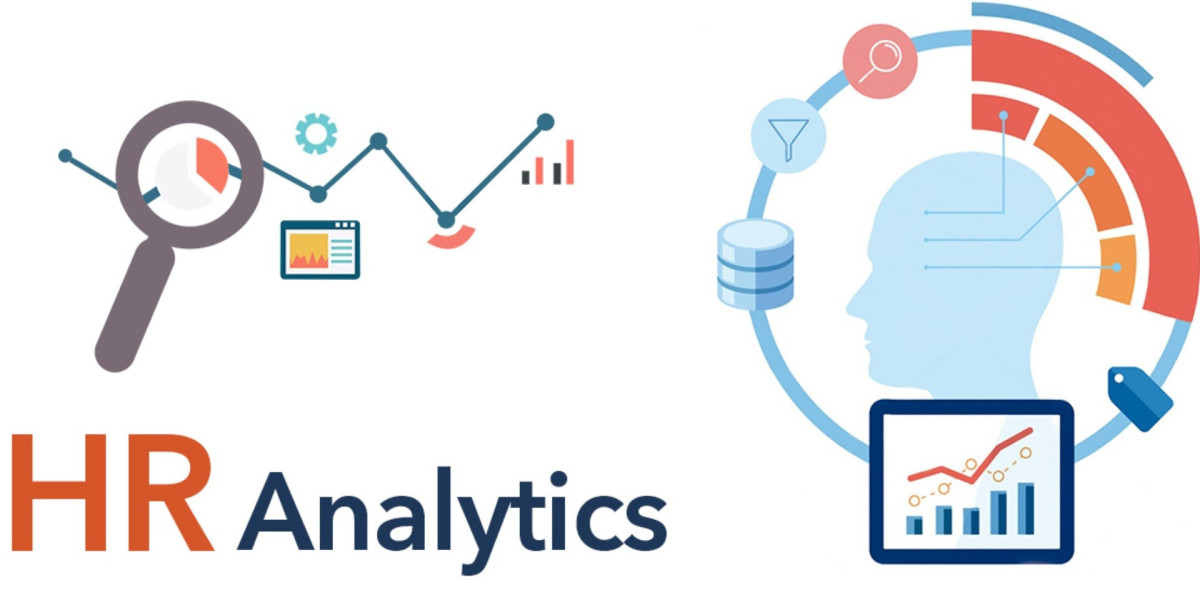Unlocking the Future of HR with Data-Driven Insights
In today's fast-paced world, where technology is constantly evolving, human resources (HR) departments are also adapting to new tools and techniques. One such powerful tool that's transforming the HR landscape is data analytics. It allows HR professionals to make better decisions and improve the overall employee experience.
What is Data Analytics in HR?
Data analytics in HR, simply put, means using data to make HR decisions. It involves collecting and analyzing various types of data related to employees and the workplace. This data can include information like employee performance, attendance, turnover, and even employee feedback. By analyzing this data, HR professionals can gain valuable insights to make informed decisions.
How Data Analytics Benefits HR
Better Recruitment: One of the most critical HR functions is recruiting. Data analytics helps in finding the right candidates by analyzing their qualifications, skills, and experience. This makes the hiring process more efficient and increases the chances of finding the perfect fit for a job role.
Reducing Employee Turnover: High employee turnover can be costly and disruptive. HR analytics can identify the reasons behind turnover, allowing HR departments to take steps to retain talent. For example, if data reveals that employees often leave due to a lack of career growth, HR can develop career development programs.
Employee Productivity: With data analytics, HR can identify which factors contribute to employee productivity. They can find out which teams or individuals are performing well and apply these insights to other parts of the organization.
Performance Evaluation: Data analytics helps in objective performance evaluations. Rather than relying solely on subjective assessments, HR can use data to assess employees' contributions more accurately.
The Role of AI in HR
Artificial Intelligence (AI) Takes HR to the Next Level
AI is a game-changer in the HR world. It's like having a super-smart assistant that can analyze tons of data quickly and accurately. AI can work with data analytics to provide insights and predictions that help HR professionals make more informed decisions.
Here's How AI Enhances HR:
Faster Data Processing: AI can quickly process vast amounts of data, which would take humans much longer to analyze. This means HR professionals can get insights and answers almost instantly.
Predictive Analysis: AI can predict future trends based on historical data. This is incredibly useful in HR for anticipating turnover, identifying skills gaps, and planning for staffing needs.
Personalized Employee Experiences: AI can help HR personalize employee experiences. It can recommend training and development programs based on an employee's performance and goals. It can also help in tailoring benefits and rewards.
Chatbots for Employee Support: AI-driven chatbots are becoming increasingly popular in HR. They can answer employee queries, provide information on policies, and even assist in the onboarding process.
Challenges of Data Analytics and AI in HR
While the benefits are significant, there are some challenges to consider. Data privacy and security are paramount when handling employee data. HR departments must ensure that data is protected and used ethically. Moreover, not all organizations have the resources and expertise to implement AI and data analytics effectively. It can be a substantial investment in terms of both time and money.
Getting Started with Data Analytics and AI in HR
If you're an HR professional or someone interested in the field, you might wonder how to get started with data analytics and AI. Here are some simple steps to begin:
Education: Start by learning about data analytics and AI in HR. There are many online courses and resources available.
Data Collection: Ensure that your HR department collects relevant data. This could be data related to recruitment, performance, or any other area you want to improve.
Choose the Right Tools: There are various software and tools available for data analysis. Depending on your needs, select the one that suits your organization.
Data Security: Establish strict data security and privacy protocols to protect sensitive employee information.
Start Small: Begin with a small project to get a feel for how data analytics and AI can benefit your HR processes.
Conclusion
In the world of HR, data analytics and AI are reshaping the way decisions are made. With the power of data-driven insights, HR professionals can hire the right people, retain top talent, and create a workplace where employees thrive. The role of AI in HR is undeniably significant, helping HR departments harness the potential of data to make informed, strategic decisions. So, whether you're a future HR pro or just curious, embracing data analytics and AI can unlock a bright future for HR.


